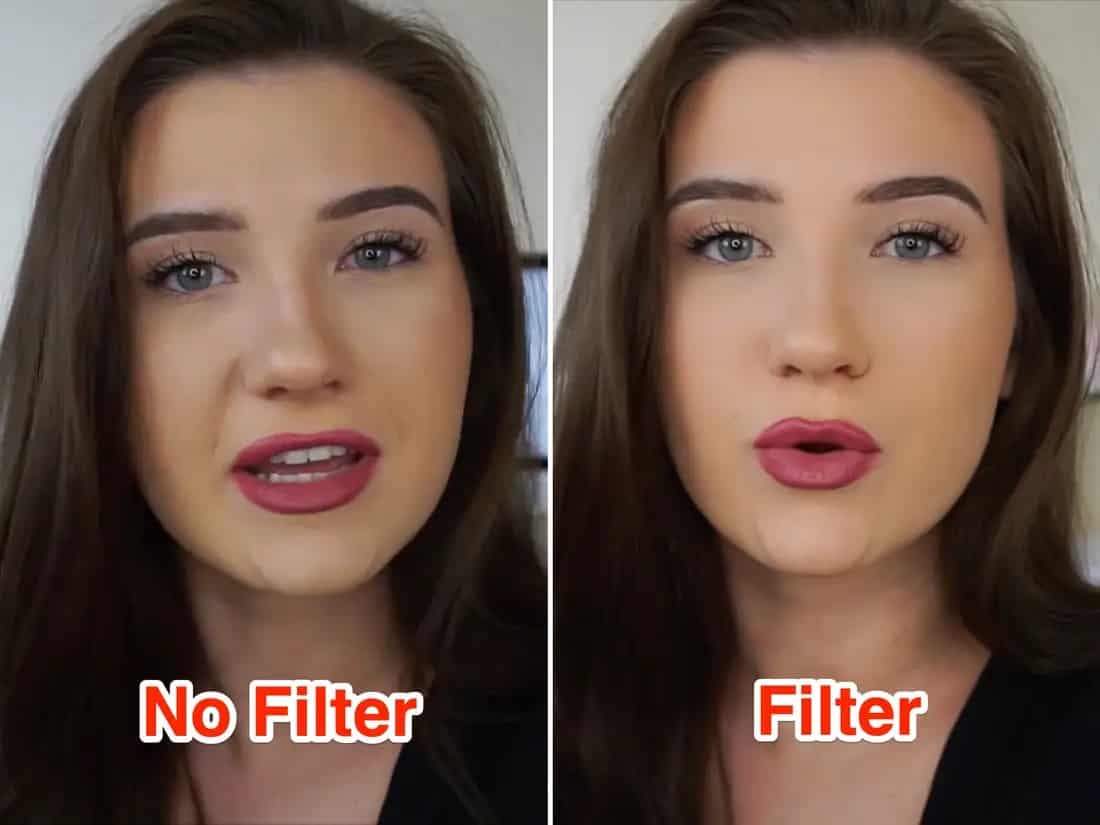Google wants to ban camera skin smoothing and lightning by default in Android 11
2 min. read
Updated on
Read our disclosure page to find out how can you help MSPoweruser sustain the editorial team Read more

With the rise of computational photography, the pictures taken by smartphone camera are increasingly divorced from reality. Whether due to creative colour balance, compositing several pictures to catch the ones where everyone’s eyes are open, using AI to add fake detail and sharpness or much more commonly the cosmetic enhancements made by cameras, photos taken by cameras often look better than reality itself.
This fake presentation which often ends up on social media has been accused of causing all kinds of ill, including a rise in body dysmorphia, skin lightening, and eating disorders in children and adults alike.
Google appears to be planning to take a stand against this popular but pernicious feature, according to a leaked document.
Google’s Android Compatibility Definition Document (CDD) for Android 11 has recently leaked via XDA- Developers, and Mishaal Rahman, Editor in Chief of XDA-Developers reports that one of the proposed changes is a ban on facial adjustment algorithms in the OEM’s default camera app.
It seems that Google is banning OEMs from implementing facial tweaking algorithms during image processing. This means all images, by default, won't have faces tweaked, but can still do it in post. So turning off beauty modes will *actually* turn it off. pic.twitter.com/NEmPK8iFsa
— Mishaal Rahman (@MishaalRahman) July 16, 2020
Notable this does not mean that the app can not have a “beauty mode” for example, but that this should not be the default mode of the app, and that the default should be a version without any reality-distorting changes to faces.
The text reads:
02/12/2020 145841721 7.5.4. Camera API Behavior
[C-0-12] For any android. hardware.camera2.CameraDevice or android. hardware. Camera API, MUST ensure that the facial appearance is NOT altered including but not limited to altering facial geometry, facial skin tone, or facial skin smoothening.
The proposal may be unpopular with OEMs and end-users, given that most users are unlikely to make any changes to the default settings of the camera, and that Apple has itself started adding default facial improvements to their photos app. This could mean for example that Android 11 smartphone buyers may feel the quality of their pictures has deteriorated after the upgrade or on their new phone, or that they look better in iPhone pictures than Android ones.
What do our readers think of this proposed change? Let us know below.









User forum
0 messages